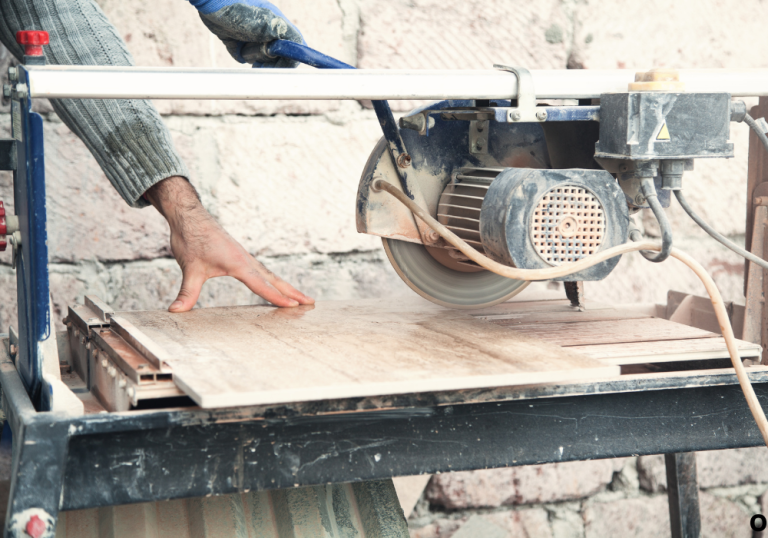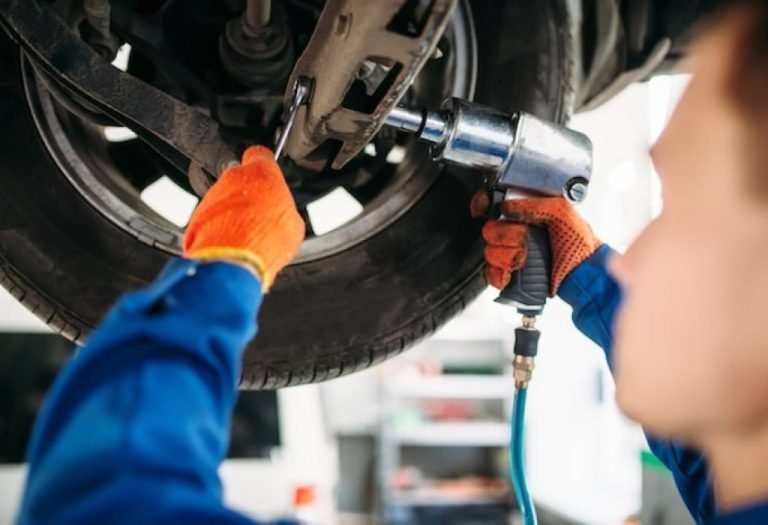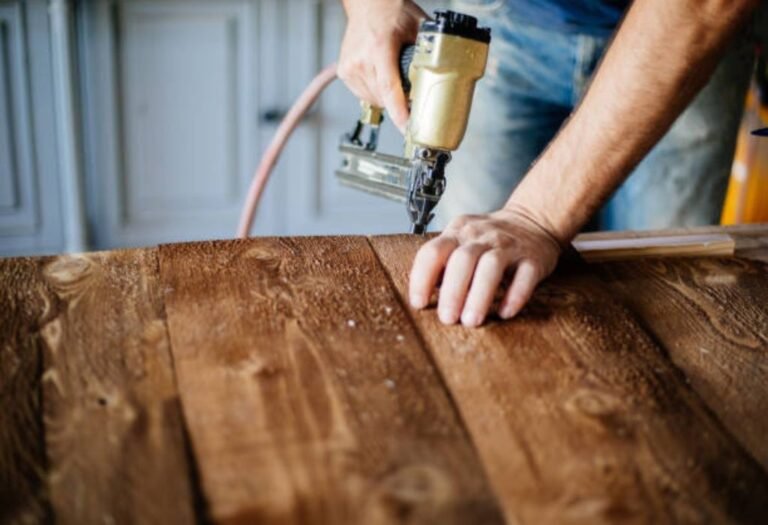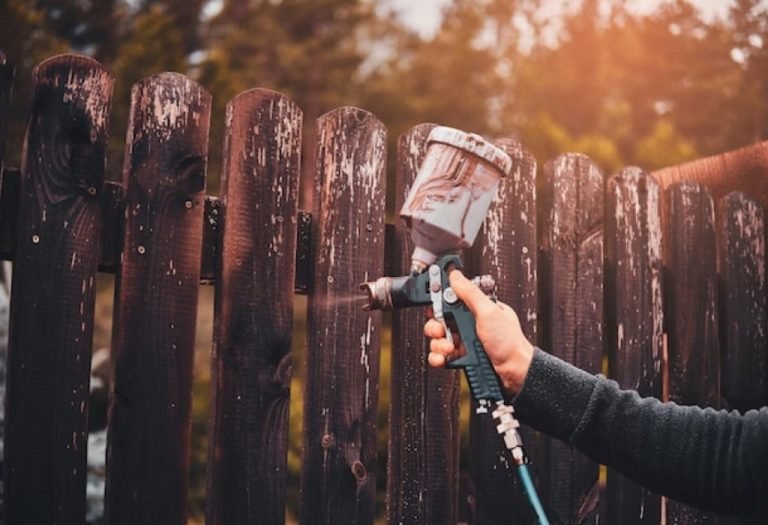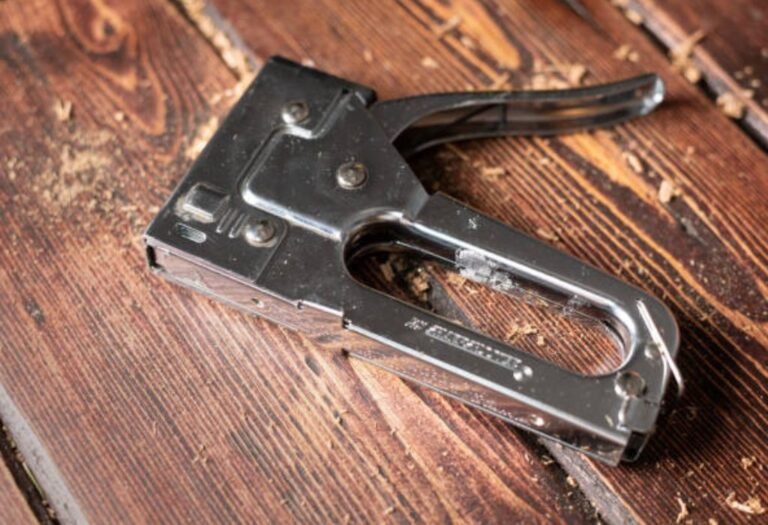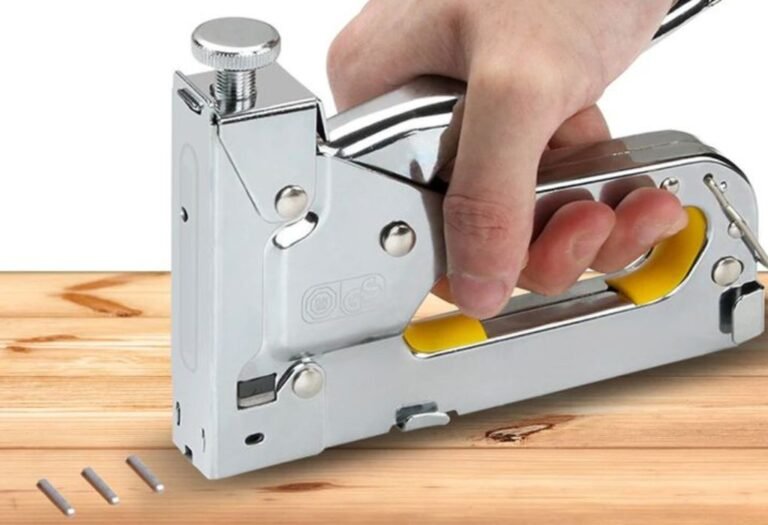What Do You Use a Heat Gun For? Complete 2025 Guide
A homeowner pulling out a heat gun from the toolbox may wonder whether this device is only for paint stripping or if it has more versatile uses.
The truth is that many people underestimate the wide range of applications a heat gun offers across household, automotive, craft, and industrial projects.
Misunderstanding its potential often leads to misuse, missed opportunities, or even safety risks when the tool is not applied correctly.
When used properly, a heat gun can save time, reduce physical effort, and make challenging tasks far easier than traditional methods.
According to Grand View Research, the global heat gun market is projected to reach $1.9 billion by 2030, fueled by rising demand from both DIYers and professionals.
The combination of affordability, portability, and effectiveness has made heat guns a must-have tool in many households and workshops.
Understanding what you use a heat gun for requires exploring its capabilities in everyday life, crafts, automotive work, and construction tasks.
This complete guide explains the most common uses, safety precautions, and tips for choosing the right heat gun in 2025.
What Is a Heat Gun and How Does It Work?

A heat gun is a handheld power tool that produces a controlled stream of hot air. It functions similarly to a hairdryer but reaches much higher temperatures.
Most models offer adjustable temperature ranges, making them suitable for delicate tasks or heavy-duty jobs. Corded electric models are common, while cordless versions provide flexibility.
Heat guns are safer than open flames, as they direct hot air without producing sparks or fire. This makes them valuable for tasks that require precision heating.
Their versatility has made them a staple for homeowners, electricians, mechanics, and crafters alike.
What is a heat gun?
It is a power tool that blows hot air at controlled temperatures.
Does it use fire or air?
It uses heated air, not an open flame.
Are heat guns safe?
Yes, when used with proper precautions.
Are there cordless heat guns?
Yes, many brands now offer cordless versions.
What temperatures do they reach?
Typically between 120°F and 1200°F.
Household Uses for a Heat Gun
One of the most common household applications of a heat gun is stripping paint or varnish. The hot air softens layers, making scraping much easier.
Heat guns are also used to thaw frozen pipes during winter, reducing the risk of pipe bursts. Unlike torches, they apply heat safely without open flames.
Removing old flooring, tiles, or stubborn adhesives becomes simpler with a heat gun. The heat loosens the material and allows easier removal.
Defrosting freezers is another handy use. A heat gun speeds up the process, saving time compared to natural thawing.
Can a heat gun strip paint?
Yes, it is ideal for softening paint and varnish.
Is it safe for frozen pipes?
Yes, it thaws them without open flames.
Can it remove vinyl flooring?
Yes, it loosens adhesives for easier removal.
Can it defrost a freezer?
Yes, but use low heat for safety.
Does it work on wallpaper?
Yes, it softens glue for removal.
DIY and Craft Uses for a Heat Gun
Crafters use heat guns for a variety of creative projects. They are perfect for embossing designs on paper by heating embossing powder until it sets.
Heat guns also shrink plastic film for packaging or storage, creating a tight, professional seal. This works for both crafts and home organization.
Electronics hobbyists use them for shrinking tubing around wires. This protects and insulates connections in small devices and projects.
Plastic shaping is another popular craft use. Heat guns can bend acrylic sheets or soften materials for modeling.
Can heat guns be used for crafts?
Yes, they are versatile for hobby projects.
What is embossing with a heat gun?
It is the process of heating embossing powder on paper.
Can it shrink wrap items?
Yes, it creates tight seals for storage.
Is it good for plastic bending?
Yes, it softens plastic for reshaping.
Do hobbyists use heat guns?
Yes, they are popular in DIY communities.
Automotive and Repair Applications
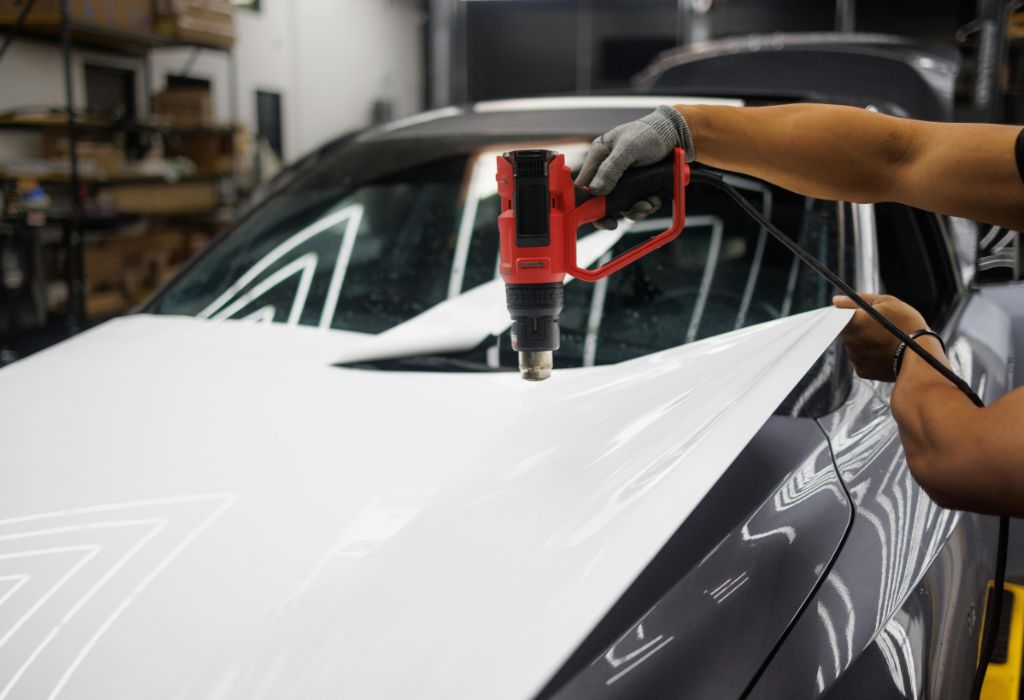
Heat guns are widely used in automotive projects. They easily remove car decals, stickers, and trim without damaging the paint.
Loosening rusted bolts and nuts is another valuable use. The heat expands metal parts slightly, making them easier to separate.
They can also speed up drying for paint, adhesives, or body fillers. This shortens repair times in workshops.
Restoring plastic trim by gently reshaping or darkening faded surfaces is another common automotive use.
Can a heat gun remove car decals?
Yes, it softens adhesive for easy removal.
Does it help with rusted bolts?
Yes, heating expands and loosens them.
Can it speed up paint drying?
Yes, it reduces curing time.
Can it restore plastic trim?
Yes, gentle heat reshapes faded parts.
Do mechanics use heat guns?
Yes, they are standard in auto repair.
Industrial and Professional Uses
Roofers often use heat guns to soften asphalt shingles for easier installation. This makes the material flexible and more manageable.
Plumbers rely on them for bending PVC pipes or thawing frozen ones. Controlled heat makes shaping and repairs safer.
In electronics repair, heat guns are used for soldering and desoldering components. This allows precise control without damaging circuits.
Construction professionals use heat guns to loosen adhesives, seal materials, and complete detailed tasks.
Do roofers use heat guns?
Yes, they soften roofing materials.
Can plumbers use heat guns?
Yes, for bending and thawing pipes.
Are heat guns used in electronics?
Yes, for soldering and repairs.
Do construction workers use them?
Yes, for adhesives and sealing.
Are they common in workshops?
Yes, across many industries.
Safety Precautions When Using a Heat Gun
Heat guns reach high temperatures, so proper precautions are essential. Never aim hot air at skin or flammable materials.
Always wear gloves and safety goggles to prevent burns or debris injuries. Keep the heat gun moving to avoid overheating surfaces.
Do not leave a heat gun unattended while on. Allow it to cool down completely before storing.
Use correct temperature settings for each task. Different materials require different heat levels for safe results.
Are heat guns dangerous?
Yes, if used carelessly.
What safety gear is needed?
Gloves and goggles.
Can heat guns start fires?
Yes, if aimed at flammable surfaces.
Can kids use heat guns?
No, they are not safe for children.
How to cool down a heat gun safely?
Let it run on low heat before turning off.
Choosing the Right Heat Gun
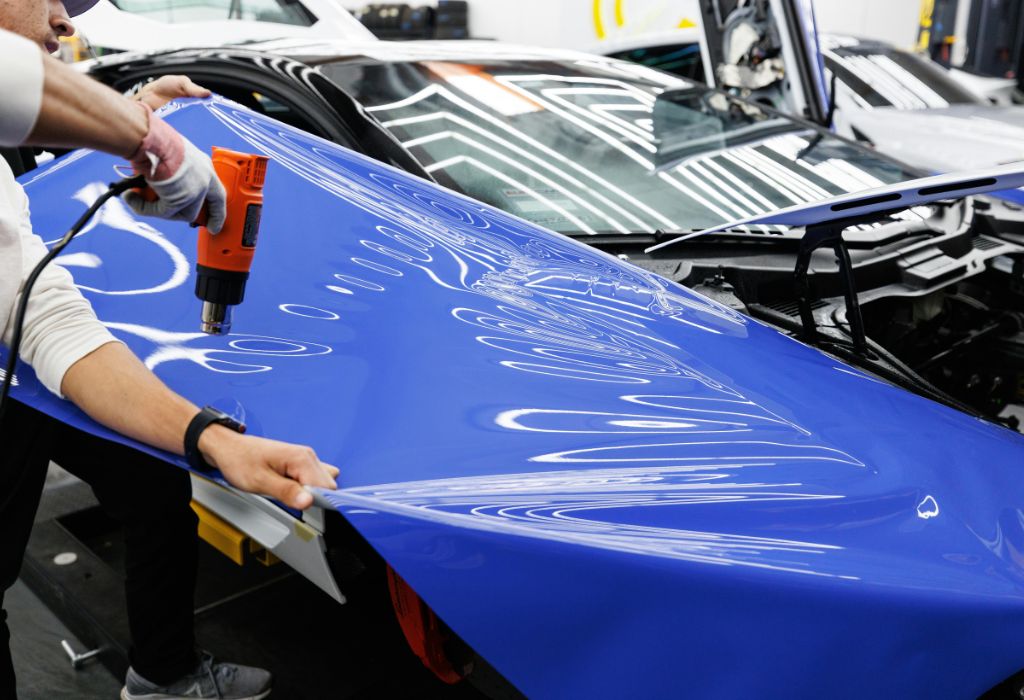
Consider the temperature range when selecting a heat gun. Variable settings allow for flexibility across tasks.
Corded heat guns are powerful and reliable, while cordless versions add portability for outdoor projects.
Nozzle attachments like concentrators or spreaders increase precision for specific tasks. They help direct heat effectively.
Brand reliability and built-in safety features should also be considered. Quality models last longer and are safer to use.
What heat gun should I buy?
Choose one with adjustable settings.
Do I need variable temperature?
Yes, it adds versatility.
Are cordless models good?
Yes, they offer flexibility.
Do nozzles matter?
Yes, they improve accuracy.
Are expensive heat guns worth it?
Yes, for durability and safety.
Conclusion
A heat gun is one of the most versatile tools in a household or workshop, with applications ranging from paint stripping to crafting and automotive repair. It provides controlled heat that makes tough jobs easier and safer.
Whether used for thawing frozen pipes, embossing designs, or loosening adhesives, a heat gun saves time and effort. Its value lies in the wide range of tasks it can handle.
While safety precautions are essential, the benefits outweigh the risks when the tool is used properly. Owning a heat gun opens up possibilities in DIY, crafts, and professional work.
Final advice: choose a reliable model, follow safety guidelines, and explore the many creative and practical uses of a heat gun in 2025.

I’m Michael R. Turner, the founder, lead writer, and passionate DIY enthusiast behind 101diytools.com. With years of hands-on experience in home improvement and power tools, I built this platform to share practical tips, in-depth guides, and honest reviews to help DIYers of all skill levels tackle projects with confidence and the right tools.

